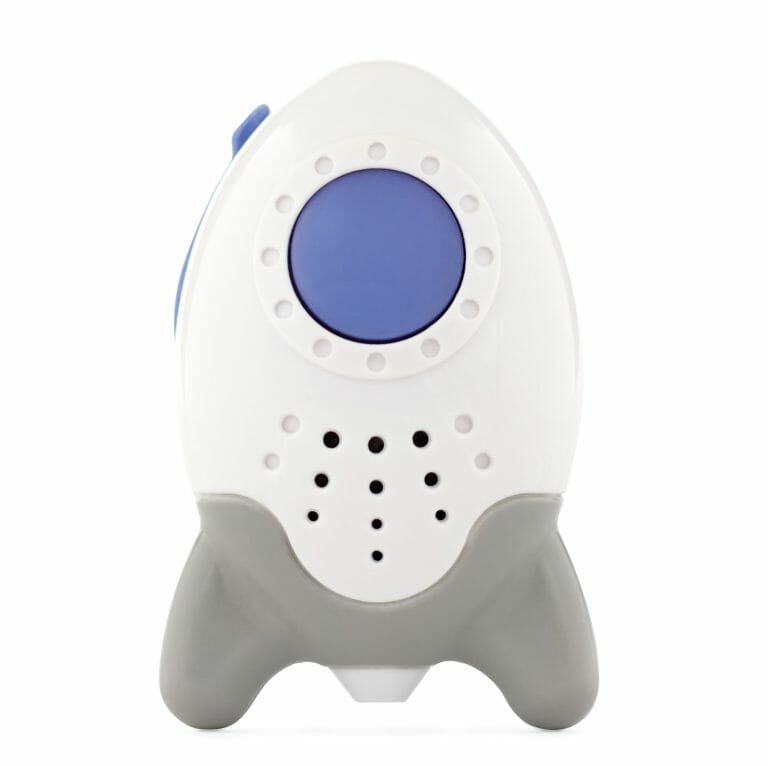Sleep problems are common in children. This is especially true for children who have difficulty unwinding or paying attention. When you don’t get enough sleep, it can affect how well children do in school. I would like to mention four ways in which a lack of sleep can hinder learning.
1. Restriction in planning and organizing
Not getting enough sleep affects how children think. It can temporarily weaken the part of the brain that is responsible for executive functioning, which also regulates organization, planning and problem solving as well as self-regulation. For example, tired children can lose sight of school supplies. So instead of doing schoolwork, they spend too much time looking for things. Or they may find it harder to prioritize homework and to activate themselves at pace.
2. Deterioration of mood and behavior
Children can become moody (irritable) when they are tired. They may be able to show less self-control than usual. And they may be more likely to get frustrated or lose their temper. Having a shorter fuse can also cause them to give up homework or tests. And if they lose their temper, interacting with peers can also cause problems more quickly.
3. Reduction of focus and attention
Studies show that when people are sleep deprived, their brain waves fall into short sleep-like patterns while awake. That helps explain why exhausted students in the classroom seem to be “dreaming.” Children who don’t get enough sleep can easily be distracted. They can make careless mistakes. And they may have trouble focusing on schoolwork and what the teacher is saying.
4. Hindering memory
Sleep deprivation can also have a negative effect on memory. It’s harder for a sleep-deprived brain to concentrate. It’s harder to remember new things. Poor sleep can also make it harder to form and remember long-term memories. Children who are tired may work slower because it is difficult for them to remember what they have just heard or read. If they learn new material, they may forget about it the next day.
It is therefore important that children get enough sleep. We know that stimulus-sensitive children are also more likely to have sleep problems. Be sure to check out our tips for sensitive children with sleep problems!
Aanbevolen producten























